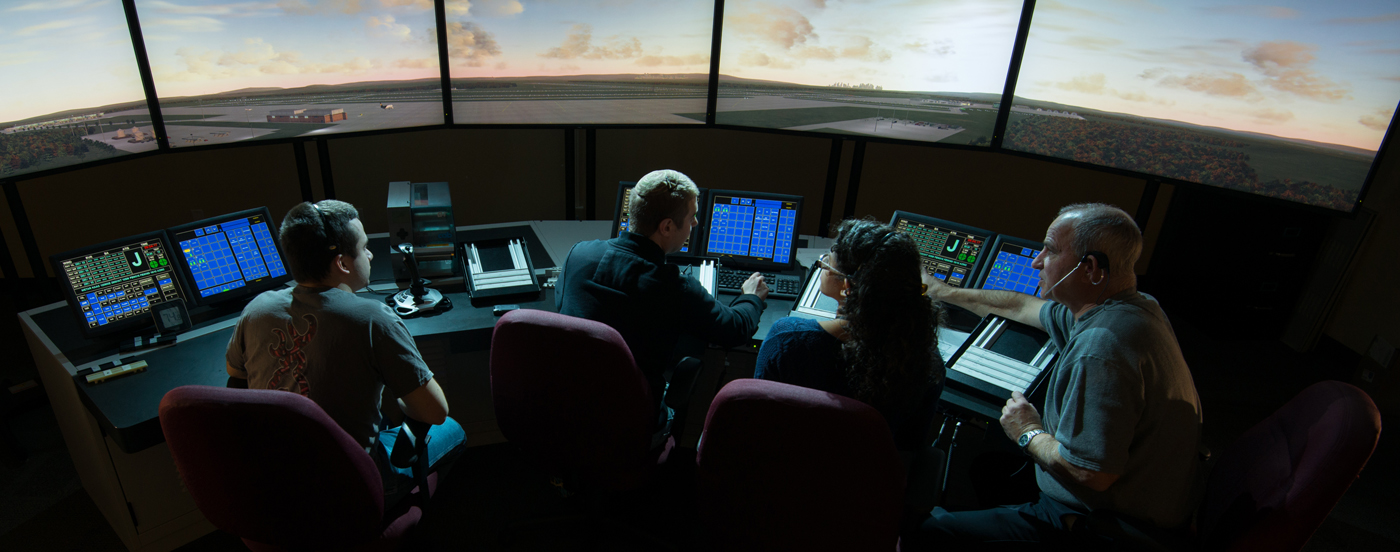Autonomous Robots―They’re Just Like Us

Robots are developing emotions, and not in ways that you may think. Today’s technology is advancing the evolving relationship between robots and humans, moving it beyond the realm of “artificial intelligence” (AI).
New Advances
Although transformative advances have recently shifted AI to be referred to as “machine-learning systems,” there’s more than meets the eye with these mechanical wonders. Artificial general intelligence (AGI) is quietly emerging, adding some personality and a bit of emotion to existing intelligence. These advancements allow for more natural human interaction and the ability to develop motivation to solve problems in creative ways.
Autonomous robots are designed for the capability to gain information and work independently for extended periods of time. AGI now enhances these abilities by adding humanlike common sense, making the robots react in more clever ways when engaging in problem-solving tasks. “The future direction of automation and robotics is to make life simpler for future generations,” said Dr. Hossein Rahemi, chair of Vaughn College’s Engineering and Technology Department. “Robots can make life more relaxing by taking the stress out of the workplace and relieve some of the pressures that workers experience.”
The mechatronic, electrical and mechanical engineering programs at Vaughn College provide a solid foundation for students to secure jobs in the field of robotics. “Hands-on experience is critical to gain the necessary knowledge to be successful,” Rahemi said. “Our World Championship Robotics Team is the perfect example of how engineering students come together to apply their knowledge and achieve success.” As the technology behind autonomous robots continues to gain momentum, so does the demand for engineers to maintain it. “As professors, we never stop learning,” said Rahemi. “This constant flow of knowledge passes down to our students—giving them the edge they need to be relevant in the field.”
How industries are using robots to get ahead
A variety of industries are seeing autonomous robots as valuable assets to their businesses. This doesn’t mean robots are taking over the workforce. In fact, they can assist in making human employees’ jobs easier and more streamlined while helping businesses run more efficiently. The automotive industry is a field that is no stranger to using robots. For years, car makers have used robots to assist workers with daily tasks by facilitating more efficient, flexible and precise production lines, resulting in faster production times.
The world is seeing amazing advances in the medical industry, which is now using autonomous robots. Hospitals, for example, can use autonomous robots to quickly deliver lab results and pick up patient samples while navigating through hallways, which will free up time for health care professionals to tend to their patients and other responsibilities. And since some autonomous robots can detect emotion in the human voice, they can be used in more interactive settings to improve productivity and customer experience. Skilled surgeons are using a robot’s pinpoint accuracy to assist in delicate and complex surgeries and procedures. “Scientists, engineers and other industry experts are the sources behind this AI, giving life to the robots and fueling the future of autonomous robotic technology,” Rahemi said. “As much as robots are designed and programmed to help humans do a task, we still need human intelligence to make it all happen.”
Conclusion
With virtually endless advancements on the horizon, it’s just a matter of time before the world sees what researchers will develop next in the field of autonomous robotics. “Demand is skyrocketing as the industry is seeking talented engineers to be the human intelligence behind AI,” Rahemi explained. “The field is growing and expanding before our eyes and Vaughn is committed to educating our students to be the future intelligence of tomorrow. Our mechatronic engineering programs are testament to this commitment.”
Learn more about our mechatronic engineering degree.

